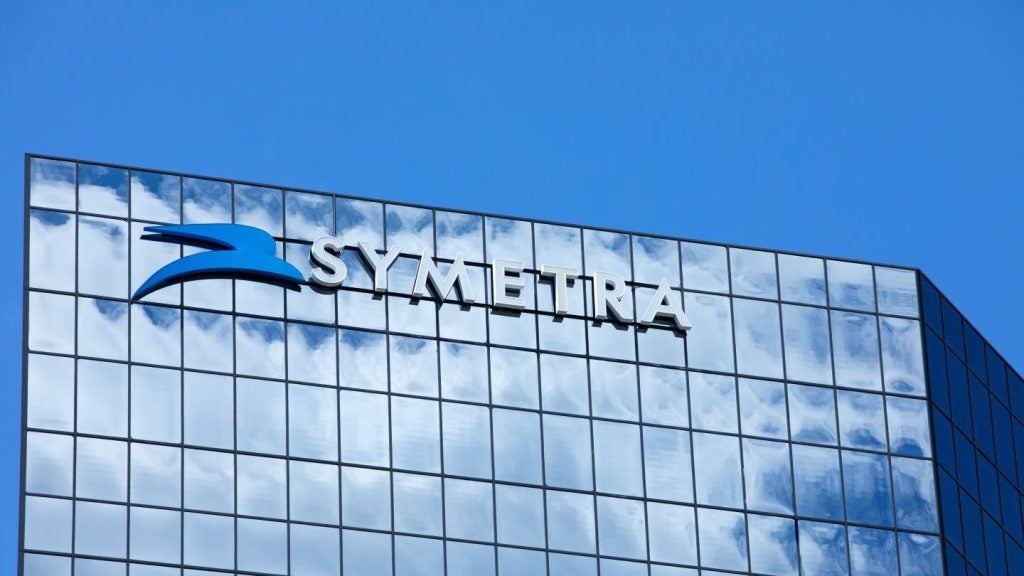In a process dogged by controversy since it began in November
2006, Aviva has announced completion of the reattribution of the
inherited estate in its Norwich Union CGNU Life and CULAC with
profits funds.
Completion of the reattribution follows the High Court’s approval
of the offer by the UK’s largest insurer to policyholders in
September 2009.
In essence, the inherited estate refers to funds surplus to an
insurer’s realistic liabilities in smoothed returns with profit
funds.
Commenting on the reattribution, Aviva UK Life’s CEO Mark Hodges
said: “Our objective has always been to create a re-
attribution that was fair to both shareholders and policyholders,
and that’s exactly what we’ve achieved.
“We’ve always made sure that customers had a choice of whether they
wished to accept the offer, depending on what was best for their
personal circumstances, and we believe this offer is good for 99
percent of policyholders so it’s great to see that so many
customers have voted yes.”

US Tariffs are shifting - will you react or anticipate?
Don’t let policy changes catch you off guard. Stay proactive with real-time data and expert analysis.
By GlobalDataHowever, Hodges’ view is not universal with harsh criticism coming
from consumer advocacy group Which? and criticism of current
reattribution rules coming from the Policyholder Advocate.
Under the reattribution, 805,000 policyholders will receive £470
million ($750 million), based on calculated inherited estate values
at the end of June, July and August 2009 averaging £1.25
billion.
Of the £470 million, £450 million will be paid from Aviva
shareholder funds in cash and £20 million in a bonus added to
policies.
According to Aviva, 90 percent of eligible customers will each
receive between £214 and £1,230 with most payments due to be
completed by year-end.
The reattribution offer is in addition to a special bonus of £2.1
billion for policyholders announced in early 2008. The first two
instalments of the bonus have been added to policies with the last
payment to be added in 2010.
When reattribution payments and bonus payments are completed about
70 percent of the inherited estate will have been paid to
customers.
A key source of criticism, reattribution also holds significant
benefits for Aviva’s UK life business – which in return for the
£470 million in shareholders funds used in the reattribution is
expected to gain access to about £650 million of additional capital
over five years to fund new, non-profit business.
Aviva anticipates that the reattribution will also create a one-off
profit of about £180 million on a market consistent embedded value
(MCEV) basis and £80 million under International Financial
Reporting Standards (IFRS).
Ongoing annual earnings benefits are estimated at £30 million on an
MCEV basis and £45 million under IFRS.
Which? hits out
From its perspective Which? believes policyholders have been
shortchanged.
“Policyholders should have had a much bigger slice of the inherited
estate,” said Which?’s principal policy adviser, Dominic Lindley.
“Instead, the FSA [Financial Services Authority] has allowed Aviva
to plunder the estate for the benefit of its shareholders.”
Lindley highlighted Which?’s specific concern that the FSA’s rules
“institutionalise unfair treatment of policyholders” and reduce the
money they receive in a reattribution by allowing insurers such as
Aviva to use the inherited estate to:
• pay shareholders tax bills on their share of profit from the
fund;
• pay compensation and administrative costs when the company broke
the rules and mis-sold a policy (for all policies sold before July
2009);
• pay off a staff pension scheme deficit; and
• make strategic investments benefiting shareholders.
Lindley noted that policyholder advocate Clare Spottiswoode
estimates that these four charges, termed “FSA concessions”, result
in Aviva shareholders receiving over £300 million in value from the
inherited estate, thus reducing money received by
policyholders.
Legal advice also indicates that some of these uses may be a breach
of policyholders’ contracts, added Lindley.
In her comment following the High Court’s approval of Aviva’s
reattribution Spottiswoode noted that it was “good for
policyholders under current FSA rules,” but stressed that rules
favour shareholders.
Expanding on this Spottiswoode said: “Reattribution has been
conducted under current FSA rules, which I sought to have changed.
I do not believe that those rules properly protect the interests of
policyholders and I intend to make the deficiencies and their
remedies known to the FSA with-profits review that is to take
place.”







